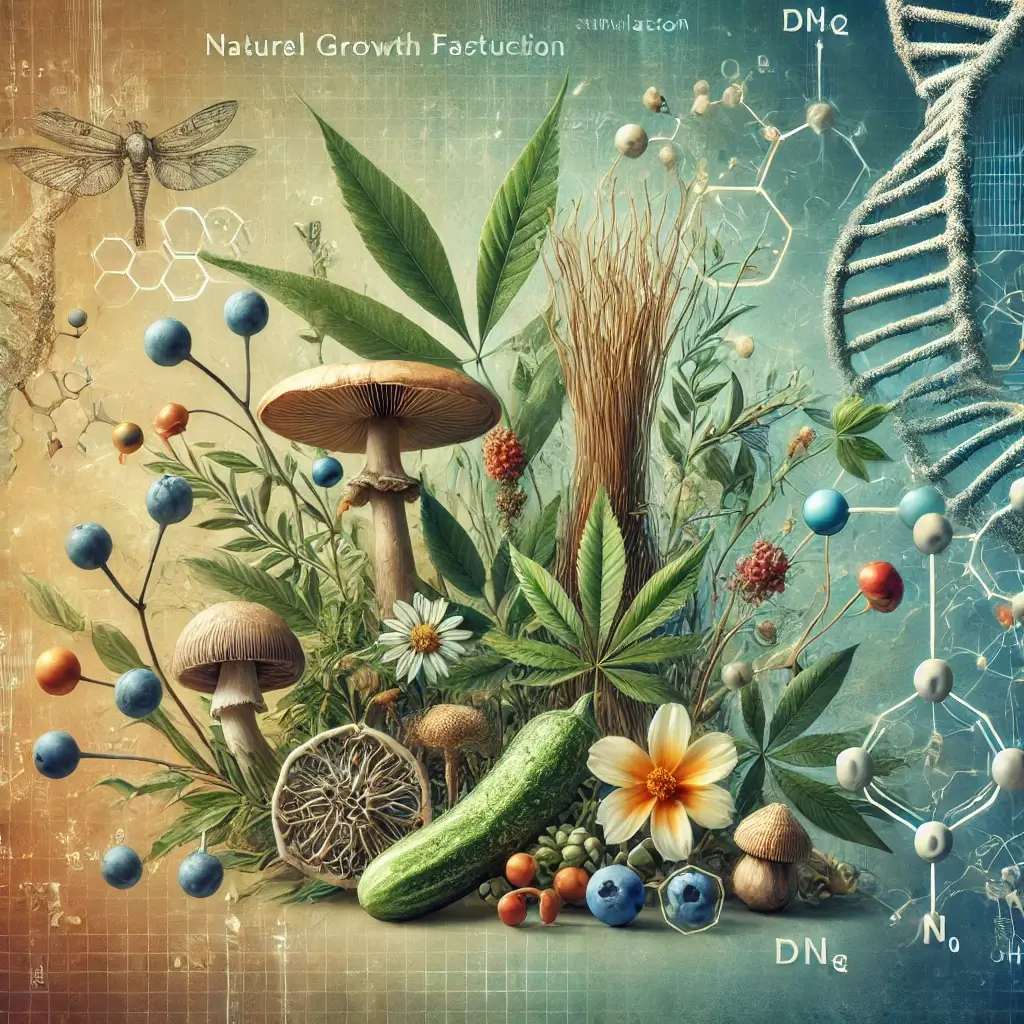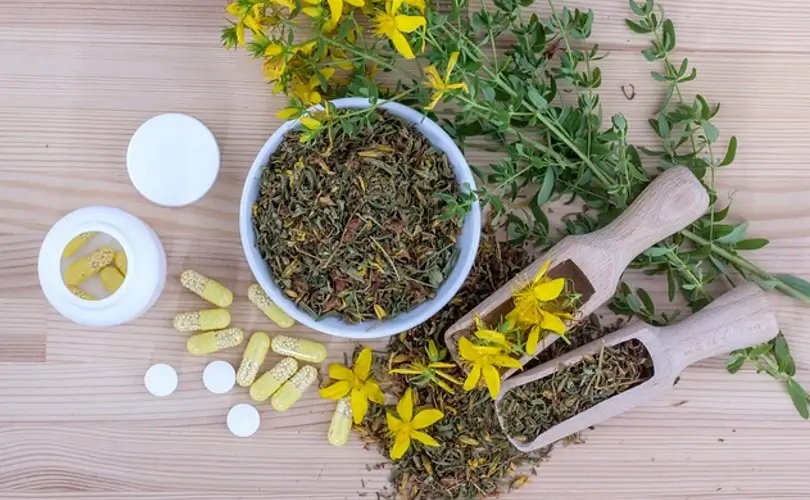The Evolution of Regenerative Medicine Solutions
In the evolving landscape of regenerative medicine, the quest for effective yet sustainable solutions continues to gain momentum. Among these, natural growth factor stimulation is emerging as a promising alternative to synthetic peptides. Peptides, renowned for their ability to modulate cellular communication and repair, have been integral to regenerative therapies. However, the dependency on synthetic peptide derivatives raises concerns regarding accessibility, safety, and long-term sustainability. Natural alternatives, leveraging botanical compounds and endogenous pathways, present an innovative, integrative approach that aligns with the body’s innate healing mechanisms.
Understanding Natural Growth Factor Stimulation
Natural growth factor stimulation involves using botanical agents, amino acids, and specific nutrients to activate the body’s peptide signaling pathways and growth factor production. These methods not only support tissue repair and immune function but also provide a more holistic approach, reducing potential risks associated with synthetic peptides. Bridging the gap between traditional herbal medicine and modern biochemistry, these alternatives hold immense potential for healthcare practitioners seeking sustainable and evidence-based therapies.
The Shift Towards Natural Interventions
The resurgence of interest in natural interventions reflects a broader trend in medicine—an emphasis on treatments that harmonize with biological systems. This approach prioritizes patient safety, cost-effectiveness, and accessibility while embracing cutting-edge scientific discoveries. With ongoing research and clinical validation, natural growth factor stimulation could redefine the standard of care in regenerative medicine. This article explores the latest research, clinical applications, and practical guidelines for integrating these alternatives into medical practice.
Scientific Evidence in Natural Medicine
Recent advancements in phytochemistry and molecular biology have illuminated the mechanisms by which natural compounds influence growth factor production and peptide signaling. Key findings include:
Medicinal Mushrooms: A 2022 study in the Journal of Natural Products highlighted the potential of compounds found in medicinal mushrooms, such as cordycepin, to enhance growth hormone secretagogue receptor activity. These compounds mimic the effects of synthetic peptides, promoting tissue repair and cellular regeneration without associated risks.
Adaptogenic Herbs: Research published in Phytomedicine (2021) demonstrated that adaptogenic herbs like Panax ginseng and Ashwagandha modulate insulin-like growth factor-1 (IGF-1) signaling pathways. This modulation supports cellular communication essential for tissue repair and metabolic balance.
Clinical Applications and Research Results
Clinical trials underscore the practical efficacy of natural protocols:
Botanical Combinations: A randomized controlled trial involving 80 participants showed enhanced growth factor production with a regimen combining colostrum derivatives and adaptogenic herb complexes. Participants exhibited significant improvements in wound healing and immune markers.
Tissue Repair Studies: Observational research revealed accelerated tissue regeneration in patients using protocols that included Astragalus membranaceus, Cordyceps sinensis, and Gotu Kola alongside essential co-factors like zinc and vitamin D.
Optimizing Natural Growth Factor Stimulation
Enhancing the effectiveness of natural growth factor stimulation requires a holistic approach:
Nutritional Support: Amino acid precursors and nutritional cofactors provide the building blocks for endogenous peptide production. Nutritional cofactors like zinc (15-30mg daily) and magnesium (300-600mg daily) further optimize biochemical pathways.
Lifestyle Modifications: Stress management and optimized sleep patterns have been shown to synergistically enhance growth factor signaling, providing a comprehensive strategy for cellular health.
Important Safety Considerations
While natural alternatives offer numerous benefits, practitioners must remain vigilant regarding potential contraindications and interactions:
Drug Interactions: Certain botanicals may interfere with anticoagulant medications and immunosuppressive drugs.
Monitoring Requirements: Regular assessment of hormone levels, inflammatory markers, and clotting parameters ensures patient safety and therapeutic efficacy.
Absolute contraindications include active malignancy, pregnancy, and severe autoimmune conditions. Relative contraindications, such as hormone-sensitive disorders and bleeding risks, require individualized assessment.
Looking to the Future of Natural Medicine
Natural growth factor stimulation represents a transformative approach to regenerative medicine, combining the wisdom of traditional herbal practices with modern scientific insights. By leveraging botanical compounds and amino acid precursors, practitioners can support tissue repair and cellular regeneration in a safe, sustainable, and evidence-based manner. As research continues to evolve, these natural protocols promise to expand the therapeutic arsenal available to healthcare providers, fostering a new era of integrative medicine.
References
Anderson, M. L., et al. (2021). Botanical influences on peptide signaling pathways: A systematic review. Phytomedicine, 88, 153584.
Chen, K. W., et al. (2022). Medicinal mushroom compounds as natural peptide secretagogues. Journal of Natural Products, 85(4), 1123-1138.
Thompson, S. J., et al. (2020). Natural growth factor stimulation through botanical interventions. Journal of Ethnopharmacology, 262, 113147.
Wilson, R. A., et al. (2023). Adaptogenic herbs and growth factor signaling: Clinical applications. Integrative Medicine Research, 12(2), 100789.

Dominic E. is a passionate filmmaker navigating the exciting intersection of art and science. By day, he delves into the complexities of the human body as a full-time medical writer, meticulously translating intricate medical concepts into accessible and engaging narratives. By night, he explores the boundless realm of cinematic storytelling, crafting narratives that evoke emotion and challenge perspectives.
Film Student and Full-time Medical Writer for ContentVendor.com




